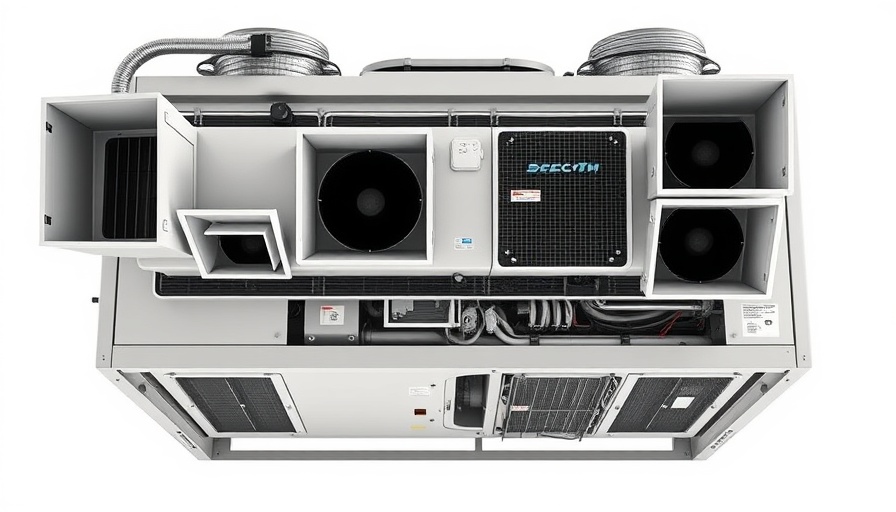
Understanding the Refrigerant Transition: A Necessity for Modern HVAC
The shift towards sustainable refrigerants in heating, ventilation, and air conditioning (HVAC) systems is not just an environmental imperative but also a significant economic opportunity for homeowners, property managers, and small business owners alike. As federal regulations phase out hydrofluorocarbons (HFCs), a potent greenhouse gas, the HVAC industry must pivot to alternative, eco-friendly refrigerants. This transition, if properly supported by Congress, can bolster domestic manufacturing leaving a bright future for the HVAC market.
Why Congress Needs to Take Action
The urgent need for Congressional support is underscored by global challenges and foreign competition. Manufacturers of HVAC systems that utilize new refrigerants are facing challenges not only from international rivals but also from the resistance to change within certain sectors. Ensuring a level playing field requires proactive measures from lawmakers to incentivize and support American manufacturers through subsidies and education about the benefits of new refrigerants.
Economic Opportunity for Homeowners
For homeowners and small businesses, transitioning to sustainable HVAC systems represents an opportunity to lower energy bills significantly. New HVAC technologies will not only ensure better energy efficiency but can also enhance comfort through better temperature control. Understanding the best HVAC systems on the market, such as those from leading manufacturers like Lennox, is key. Consumers should be equipped with the information on rebates and incentives available for adopting eco-friendly systems, making replacements more affordable.
The Role of Fresh Air in HVAC Systems
Another component of effective HVAC systems is the management of fresh air. The purpose of fresh air in HVAC systems cannot be overstated; it helps improve indoor air quality and contributes to overall health. Homeowners should be aware of how their HVAC systems facilitate this process and the related advantages, especially in light of recent shifts towards enhanced ventilation standards.
Exploring HVAC Costs and Benefits
While the initial investment in new central heat and air units can be a concern, understanding how to balance costs with long-term savings is crucial. With evolving technologies, HVAC installation costs can vary significantly, but potential savings in energy bills can offer compelling justification for the upfront expense. Additionally, exploring the longevity and warranties offered by different manufacturers can also play a pivotal role in decision-making.
Preparing for HVAC Maintenance
Regular HVAC maintenance is essential to ensure systems operate efficiently. Homeowners often wonder: how long does HVAC maintenance take? With a little preparation and scheduling, most upkeep can be completed in respectable timeframes, offering significant returns in efficiency and reliability. Plus, staying on top of maintenance means avoiding costly repairs down the line.
Conclusion: A Call to Embrace Change
As the HVAC industry pivots towards sustainability, consumers should stay informed and proactive in understanding the benefits of updated technologies and practices. The HVAC market holds vast potential for innovation and cost savings, ultimately enriching indoor environments while supporting the planet. Contact your local HVAC provider today to explore the best systems and incentives available.
 Add Row
Add Row  Add
Add 




Write A Comment